Beef Nutrition
All Beef Nutrition Content
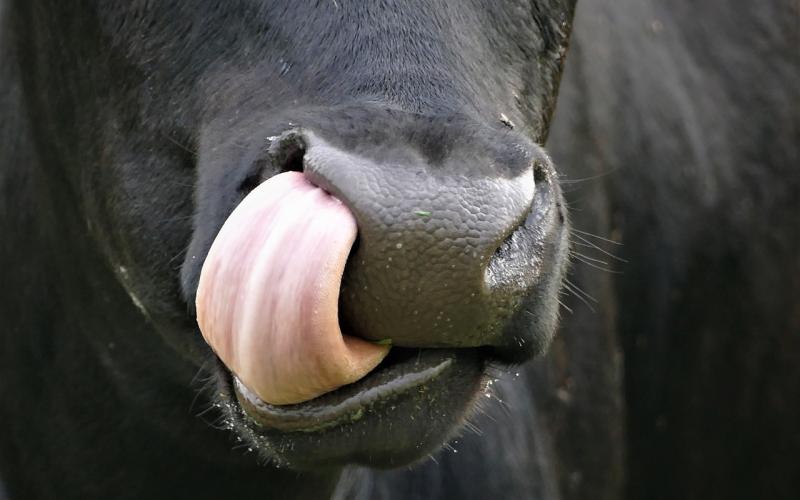
Cow Mineral Nutrition: Reading The Tag and Bioavailability
Mineral nutrition is vital to overall cow performance. Not all mineral supplements are created equal, and it is important to know what to look for in a mineral supplement and what you might want to avoid.
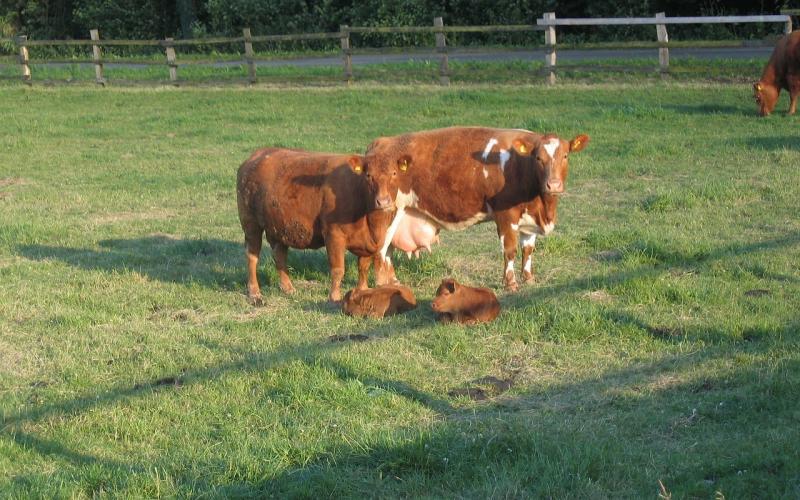
Considerations for Rumen Development in Weaned Calves
Proper nutritional management of weaned calves is critical in ensuring optimal health and performance.
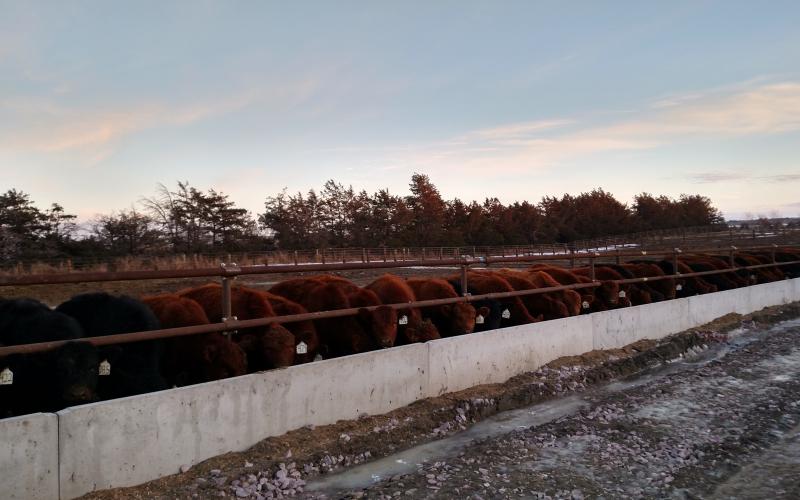
Cow Mineral Nutrition During Late Gestation
A recent study conducted at Oregon State University researched trace mineral nutrition of cows during the last 95 days of pregnancy and the resulting impact on their calves.
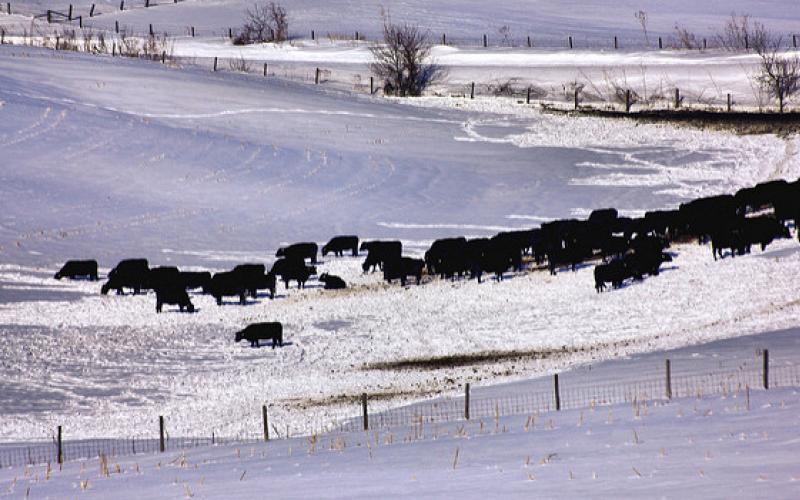
Are Your Cows Ready for the Last Trimester of Pregnancy?
We are beginning to enter the last three months of gestation for the majority of spring-calving cows in South Dakota, and there are a few questions that cattle owners should ask themselves in preparation.
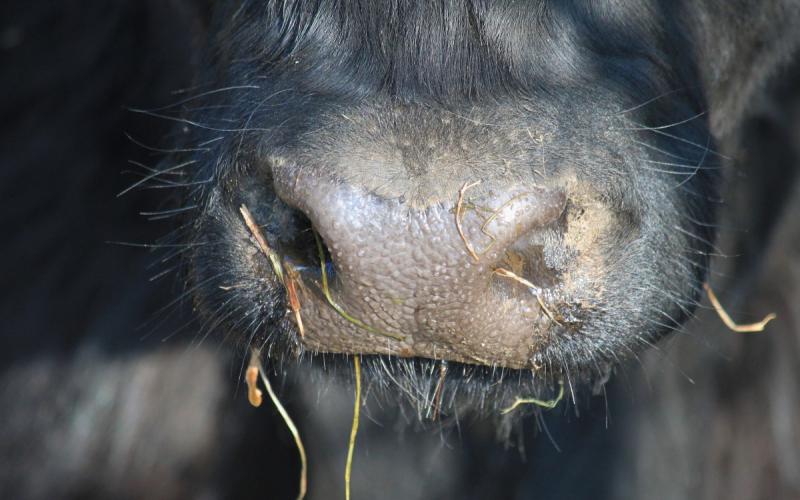
Cow Mineral Nutrition: Trace Minerals and Managing Interactions
Mineral nutrition is vital to overall cow performance. Without appropriate balance of minerals, cows may not perform as desired or could exhibit detrimental effects. There are six trace minerals of significant importance in a cow’s diet.

Winter Mineral Nutrition for Beef Cows
Winter supplementation often focuses heavily on meeting protein and energy requirements of cows and tends to leave mineral nutrition as almost an afterthought. In reality, meeting all nutrient requirements, including energy, protein, minerals, vitamins, and water are equally important.
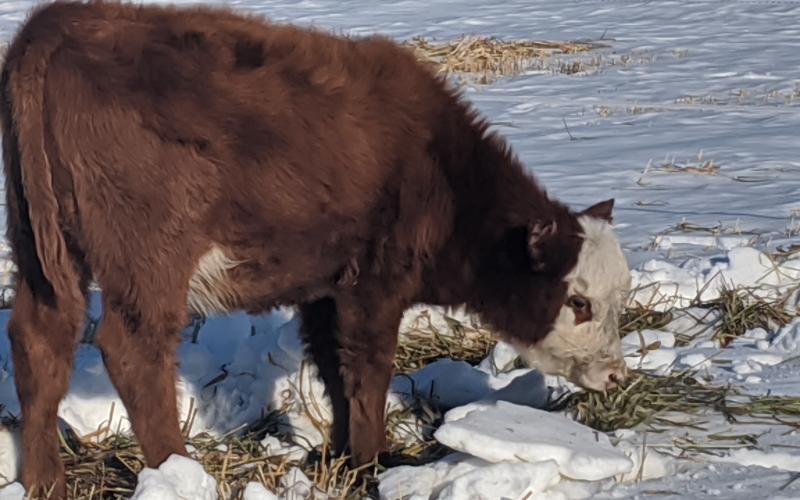
Opportunities for Swath Grazing in South Dakota
Fact sheet on the opportunities for Swath Grazing in South Dakota
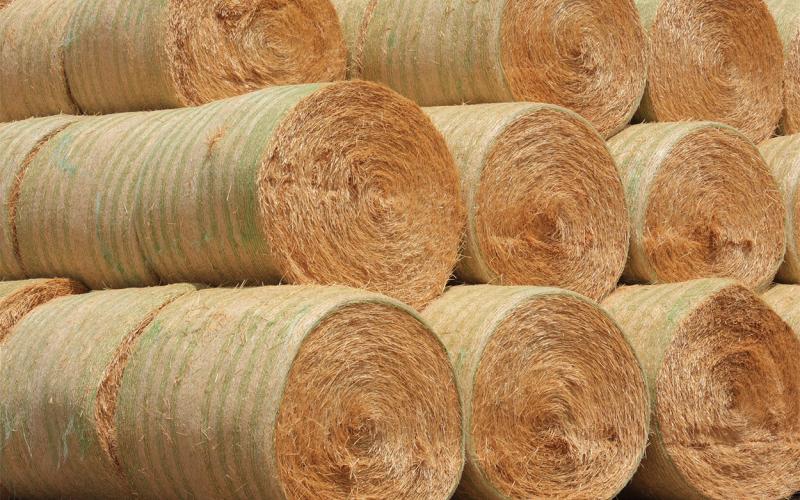
Cost-effective and Balanced Cow Rations
Before buying "cheap" feed, it is important to ensure that it will be cost-effective when creating balanced rations for the winter. Learn some things to consider before purchasing.
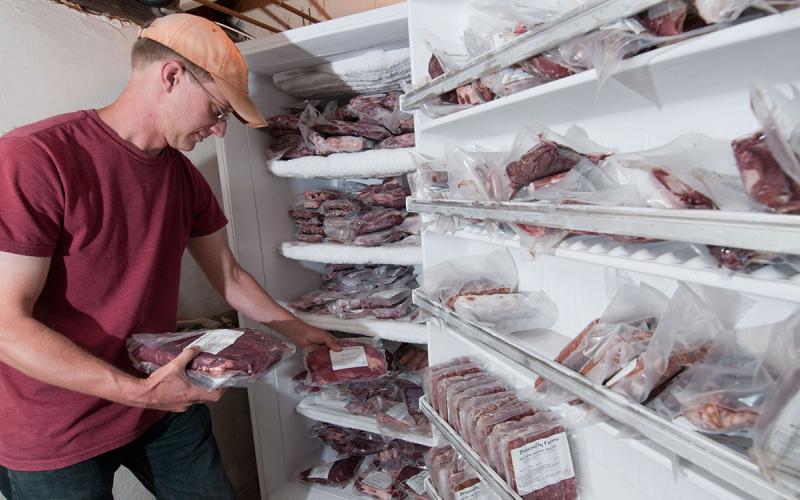
Raising Freezer Beef: Meeting Customer Expectations
A variety of factors may lead consumers to purchase beef directly from a producer. When purchasing freezer beef, most consumers expect an eating experience that would be as good or better than buying beef from retail.
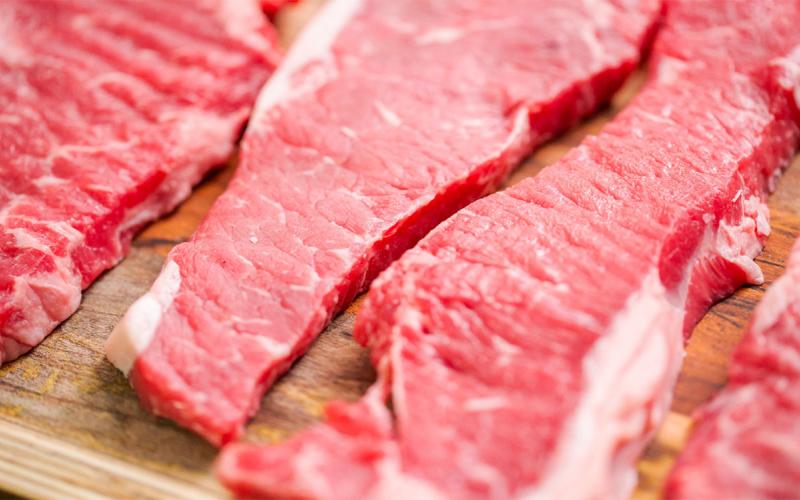
Backgrounding Beef Calves on Cover Crops May Improve Steak Tenderness
Can short-term backgrounding diets of beef calves have long term impacts of meat quality? Recent research from the meat science team at South Dakota State University says, “Yes.”